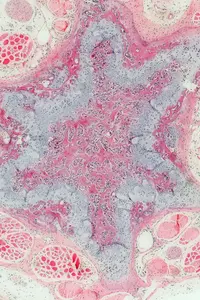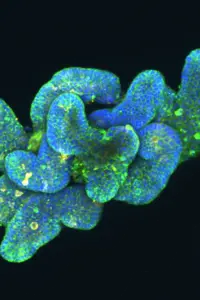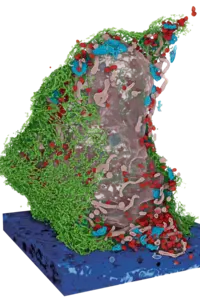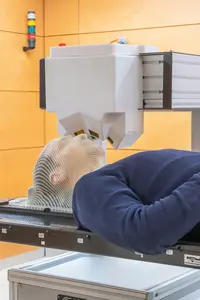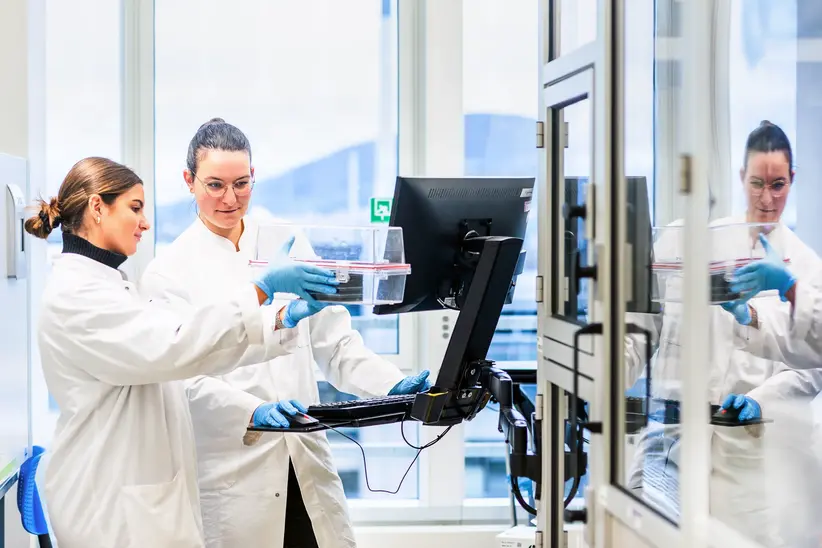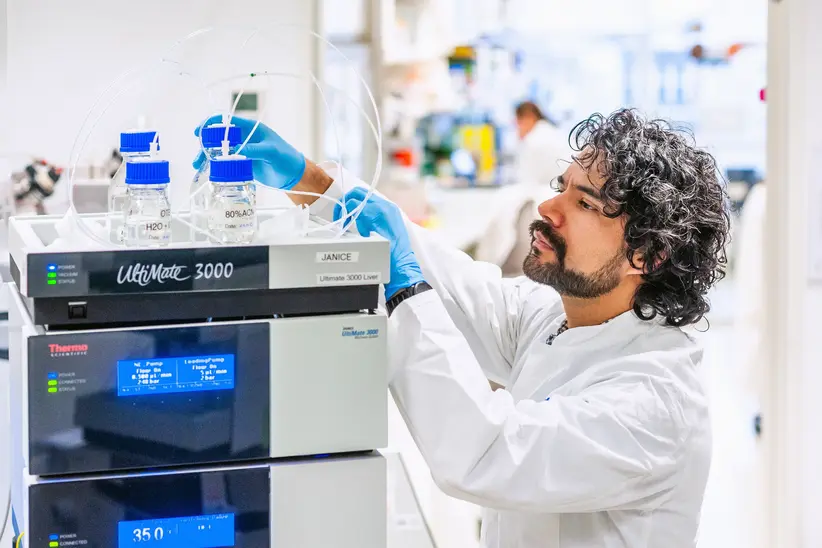Research for a life without cancer
At the DKFZ, we want to ensure that fewer people develop cancer, that cancer can be cured or treated so effectively that those affected can live with the disease and grow old with a good quality of life.
About DKFZ 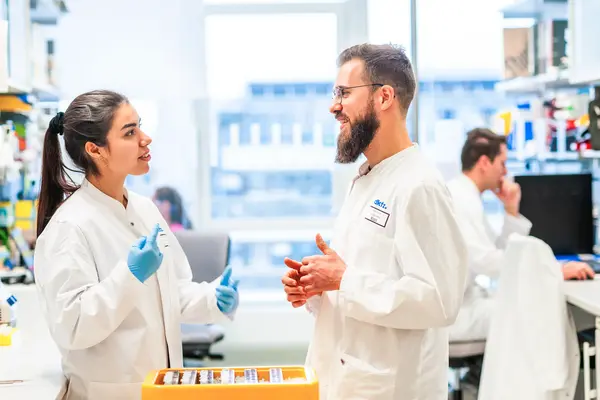
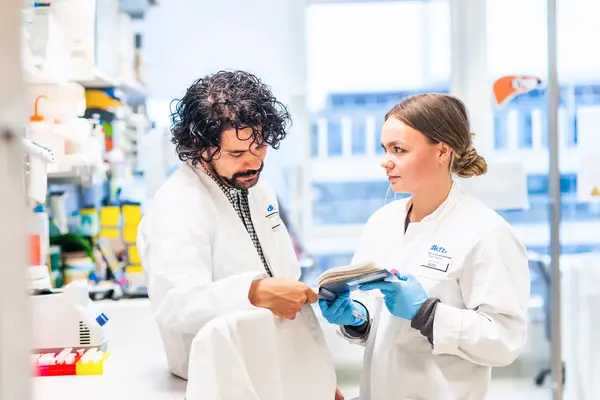

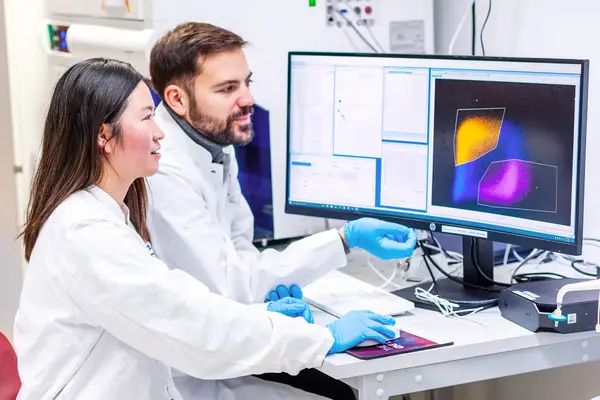
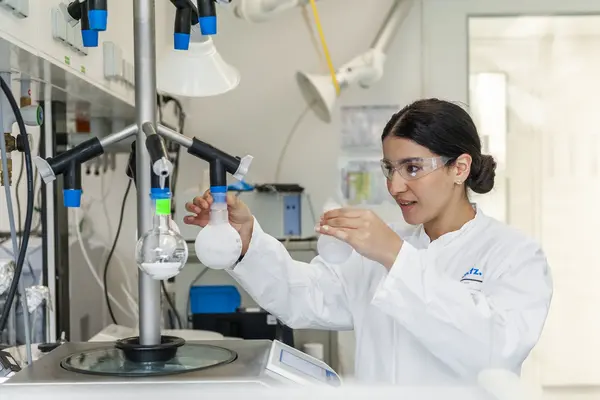
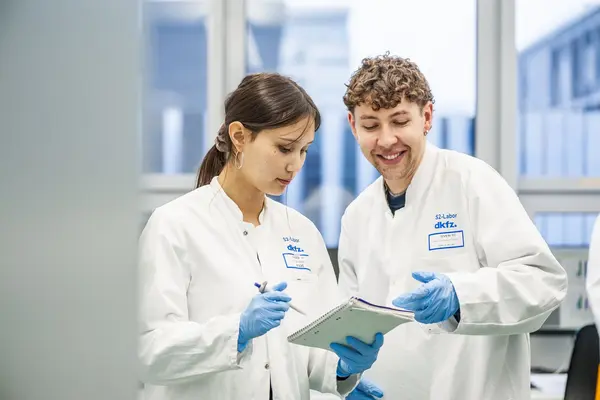
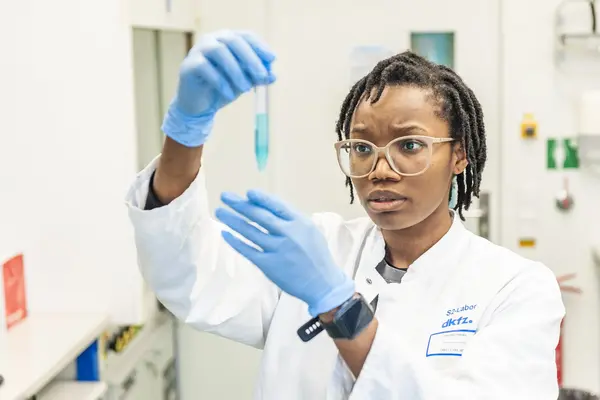
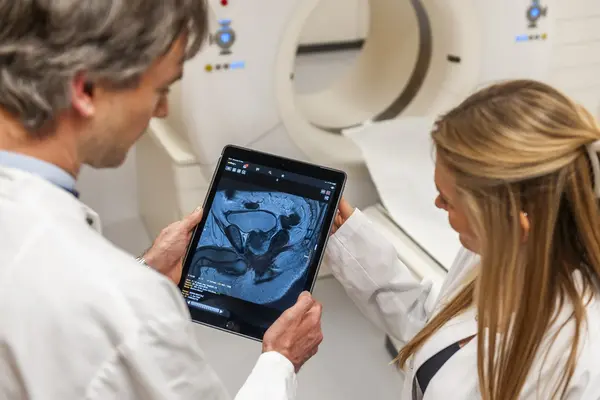

Latest from DKFZ

Researchers at the German Cancer Research Center (DKFZ) have succeeded in identifying a resistance mechanism that often occurs in a specific targeted therapy against chronic lymphocytic leukemia (CLL). The drug ibrutinib is effective in many cases, but therapy resistance often develops during the course of treatment. In cell culture experiments and in mice, the resistance mechanism was successfully overcome using a second drug.






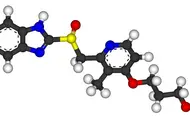
Our research opens doors in the fight against cancer
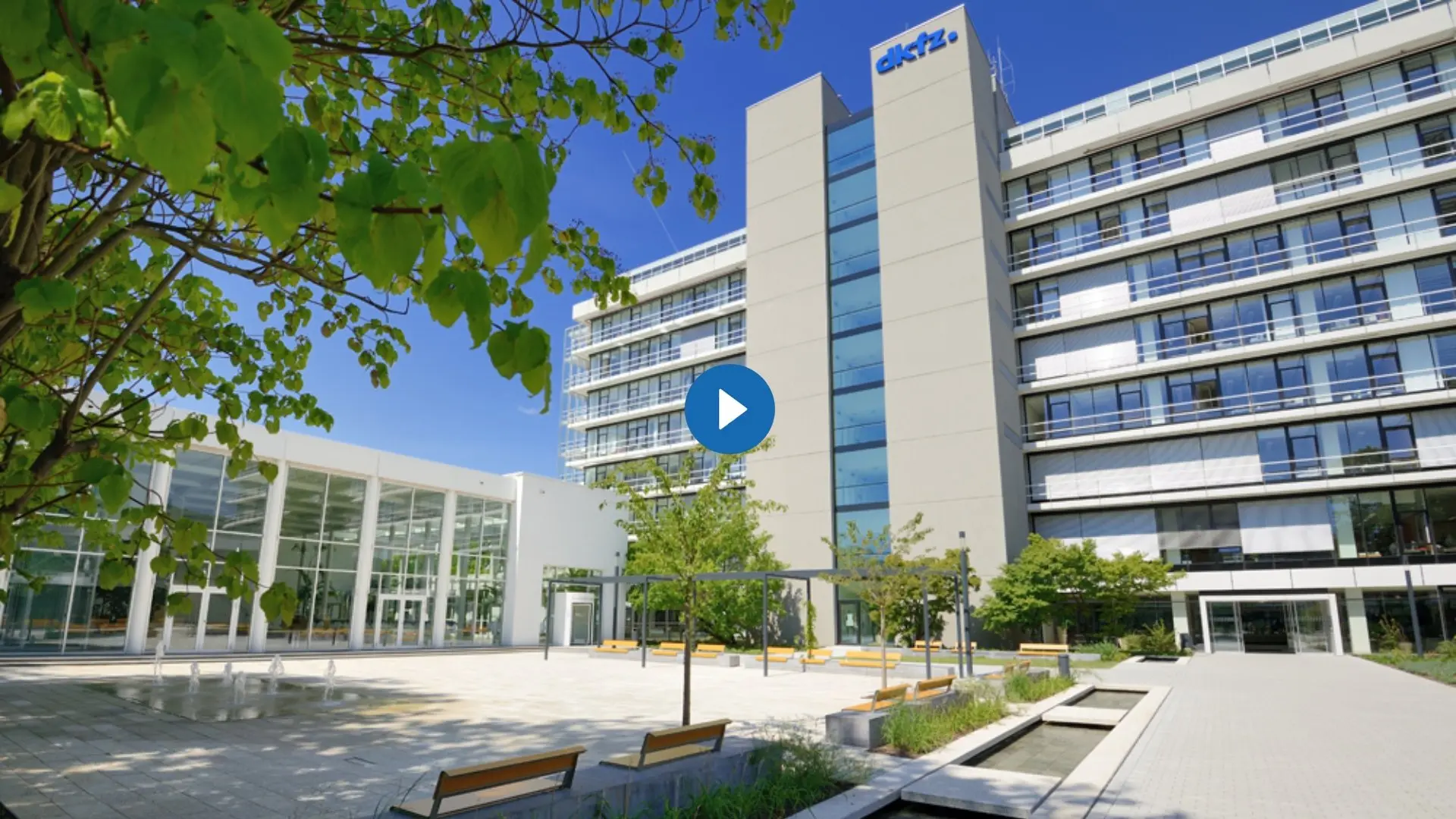

Do you have questions on the topic of cancer?
Let us advise you!
Doctors from the German Cancer Information Service answer your questions every day. Find out more now for free!
0800 - 420 30 40 daily from 8 a.m. to 8 p.m.

